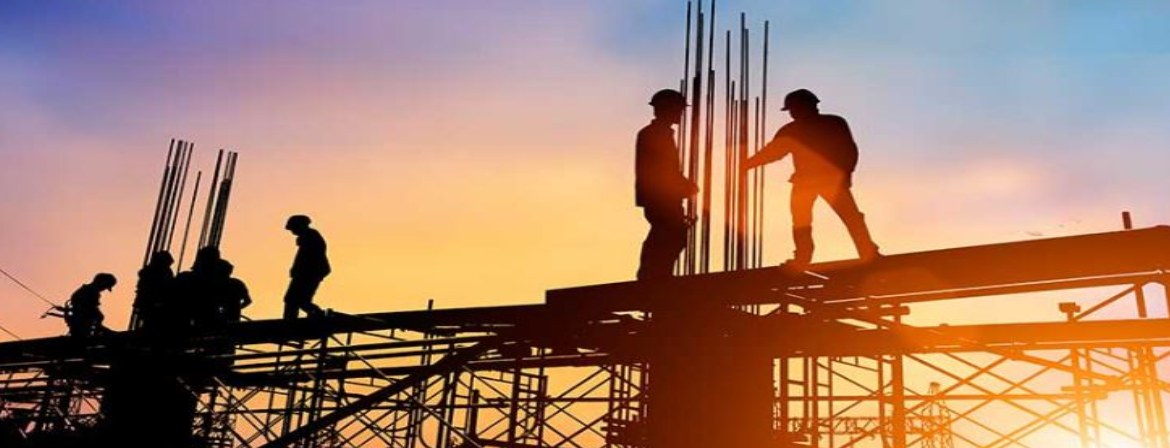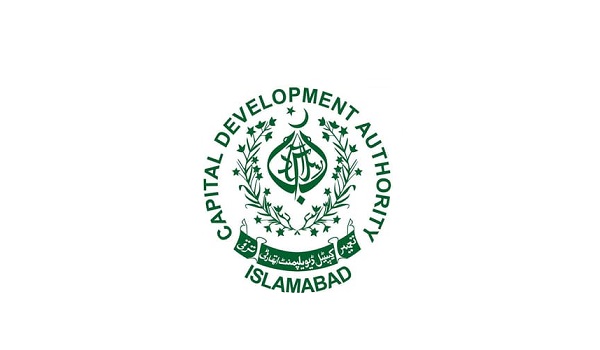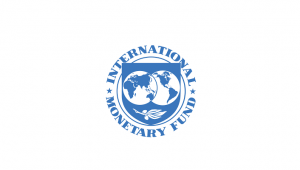Lahore: The construction incentive package, also known as the construction amnesty scheme, announced in April 2020 by Prime Minister (PM) Imran Khan, signalled a much-needed relief for Pakistan’s economy during an otherwise tough year. On what was the expiration date of the package (December 31), the government announced a full-year extension in the wake of the second wave of the coronavirus pandemic.
Read: PM announces ‘New Year’s gift’ for construction industry
Why is this a great news for Pakistan’s economy?
It will not be wrong to say that the incentive package provided a significant boost to Pakistan’s economy and – during the times when world economy was spiralling down to new lows – breathed a new spirit of optimism into businesses across the country.
The construction package also perfectly aligned with the federal government’s goals to construct five million homes, provide millions of jobs and improve the state of the economy in general. Even the coronavirus pandemic and the resultant lockdown served as favourable portents for it since the government may have, otherwise, faced resistance from the likes of both the International Monetary Fund (IMF) and the Financial Action Task Force (FATF) over its decision to introduce the said amnesty scheme.
Pakistan’s international commitments dictated a tighter belt. However, soon after the announcement of the incentive package, Federal Minister for Planning & Development Asad Umar stated that the government had announced the provision after consulting the IMF. Additionally, according to news reports, the international lending agency also gave its nod to the current extension.
What exactly is the construction incentive/amnesty scheme?
As mentioned, the announcement of a construction package aligned with the government’s manifesto and the news of such a package had existed since 2019. However, the moment came into fruition following the COVID-19 lockdown in March. Aside from all other considerations, it served as a message of hope from the Pakistani government to its people at a time when the future looked uncertain worldwide.
On April 3, the PM announced the incentive package that revolved around the following points:
- Those investing in the construction sector will not be questioned about their sources of income
- A fixed tax regime will be implemented on ‘per square yard’ and ‘per square feet’ basis for the construction sector
- For Naya Pakistan Housing Programme (NPHP) constructions, tax impositions will be slashed by 90%
- Withholding tax will be waived off for all construction companies – except those involved in steel and cement-related ventures
- PKR 30 billion was announced in subsidy for NPHP
- Capital Gains Tax (CGT) will be waived for families selling their first houses
- Construction sector to be given ‘Industry Status’
- ‘Construction Industry Development Board’ will be developed to regularize its workings
Read: Construction Amnesty Scheme to expire today; FBR shares stats
This was, however, just the basic outline and was soon followed up with legal measures in the form of an ordinance and then the budget. These provided the following additional details on the matter:
- A fixed-tax regime where the taxes will be calculated on per square feet/yard basis
- Exemption of construction services from withholding tax. These include plumbing, electrification, shuttering, and allied services other than those provided by the corporations
- Exemption of building materials (except cement and steel) from withholding tax
- 90% reduction on taxes applicable on investments made in affordable housing schemes launched by the Naya Pakistan Housing and Development Authority (NAPHDA). This condition applied to projects launched before December 31, 2020, as well as ongoing projects registered with NAPHDA
- New and ongoing projects registered on the IRIS portal of the Federal Board of Revenue (FBR) will be able to avail tax cuts notified by the government
- Ongoing projects will reveal completion ratio and pay taxes for the work remaining as per the new fixed tax regime
- Dividends paid to shareholders by the companies will be exempt from taxes
- No capital value tax (CVT) applicable within the jurisdiction of the federal capital – based on the model being followed by Punjab and Khyber Pakhtunkhwa (KP)
- Advance tax on property sales reduced from 10% to 5%
- Machinery imported for construction and land development purposes will have access to same facilities as other industries
- Personal residences to have one-time exemption from capital gains tax – as long as their size is equal to or less than 500 square yards for house and 400 square metre for apartments
- The Income Tax Ordinance 2001’s Section 111 will no longer apply to amount invested by shareholders and partners in limited liability partnership with builders/developers/association of persons if the capital is invested or the land is transferred before or on December 31, 2020
- The first purchaser of newly-constructed buildings of a project shall be exempt from the provisions of Section 111 if the purchase is carried out on or before September 30, 2022
- The immunity will not apply to any public officer holders, their spouse, benamidar, or other dependents; and on investments derived from the commission of a criminal offence such as money laundering and terror financing
- Listed public companies and real estate investment trusts cannot avail the immunity Section 111 offers
- To avail Section 111 immunity, new companies and association of persons must register before December 31, 2020
- Cash investment should be transferred to companies and association of persons by December 31 via cross-banking instruments
- Money invested in projects under this schedule where explanation of source is not available with the person investing shall be put in a designated bank account of the person on or before December 31
- Special provisions have been announced for developers and builders who opt for assessment based on income, profits, and gains from projects started before December 31 and finished on or before September 30, 2022
- Individuals registered under this initiative will be required to submit their registration forms and the irrevocable option for assessment under the new schedule against each project to the IRIS portal on FBR’s website by December 31, 2020, or within 30 days of setting up the project – whichever is earlier
- Builders/developers availing the new scheme shall electronically file their income returns and wealth statements
- Income returns and wealth statements filed may be subject to revision without the approval of the commissioner within 60 days
Finally, the budget documents in June also announced a reduction in Federal Excise Duty on cement; first from PKR 2 per kg to PKR 1.75 per kg and then from PKR 1.75 per kg to PKR 1.5 per kg in a bid to arrest the rise in cement prices.
Read: DCs to announce brick rates in a move to boost construction industry
Extension in construction relief package
On December 31, 2020 the Prime Minister announced an extension in the incentive package/amnesty scheme. The details of the extension are as follows:
- Fixed tax regime will remain in effect till December 31, 2021
- Facility to not disclose source of income for investment in construction sector extended to June 30, 2021
- Facility of non-disclosure of income source for first buyers of a unit has been extended till March 2023
- The deadline for completion of registered projects has been extended by a year to September 2023
What can Pakistan look forward to?
Channelling resources into construction sector is usually one of the most sure-fire ways of boosting economy and economic activity in any country. To quote the PM Khan himself from his New Year’s address to the nation: ‘Projects worth PKR 186 billion had been registered with the Federal Board of Revenue (FBR) under the amnesty package. Moreover, other projects worth PKR 116 billion are in the process of registration with the FBR.’
He also noted that construction projects worth PKR 160 billion have been launched in Punjab alone and these are expected to generate economic activities equivalent to PKR 1,500 billion and create nearly 250,000 jobs. He added that similar projects had also been initiated in Khyber Pakhtunkhwa, Karachi and Balochistan.
According to some reports which are quoting Association of Builders & Developers (ABAD), the magnitude of the projects during the next six months of the extension is expected to be even bigger. Particularly in case of projects from Karachi, a lot is happening and projects with estimated impact of nearly a trillion rupees are expected to be registered in the country’s largest metropolitan alone.
The government was also able to finally get the foreclosure laws to stick for the first time in Pakistan which means that the banks have also pledged to allocate PKR 378 billion for construction activity till Dec 31, 2021.
The data all points towards an incredible year of 2021 for Pakistan’s real estate sector.








